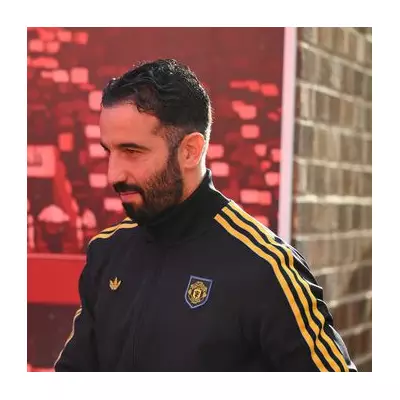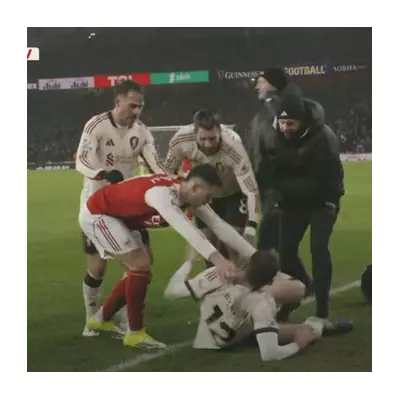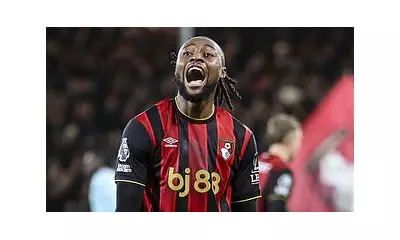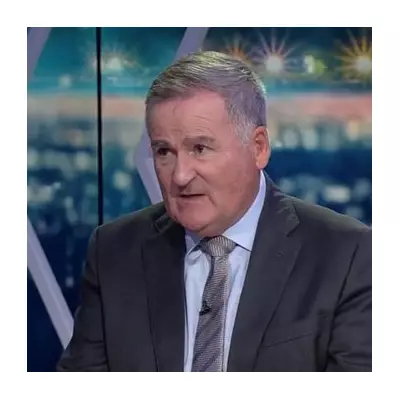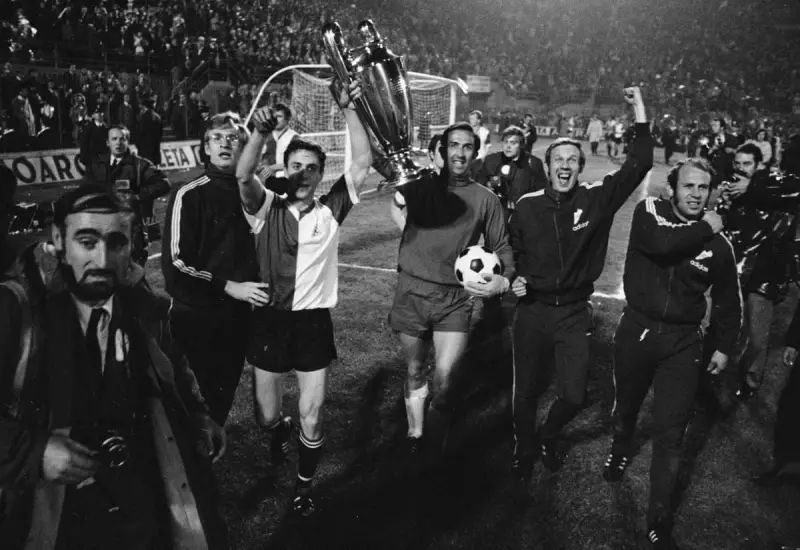
When Celtic and Feyenoord meet in the Europa League, it is a far cry from the grand European stage they once shared. The Dutch side languish in 29th place, with Celtic only marginally better in 27th, a stark contrast to their historic encounter in the 1970 European Cup final. This match remains a pivotal, and painful, sliding doors moment in Celtic's history.
The Final Celtic Wishes to Forget
The European Cup final of 1970 is a curious anomaly for Celtic. It is the showpiece occasion the club would rather forget. The match provided rare missteps from the legendary manager Jock Stein and directly triggered the break-up of the iconic Lisbon Lions team. Celtic have never returned to European football's biggest match, and current evidence suggests they may never do so again.
As the club's official magazine starkly put it, the final was a 'disaster for the players, for the management and perhaps most of all for the supporters.' Fans travelled to Milan's San Siro stadium with immense expectation, fresh from the glory of their 1967 triumph in Lisbon and years of domestic dominance. They believed this was to be the crowning glory, the ultimate proof of their team's greatness.
Underestimation and Heartbreak in Milan
The received wisdom is that Stein, a manager known for his meticulous preparation, badly underestimated the Dutch threat. Confidence was high after a semi-final victory over Leeds United, but intelligence on Feyenoord was lacking. This overconfidence was symbolised by Stein handing out unwanted champagne bottles to supporters during a lengthy airport delay after the match.
On the pitch, Tommy Gemmell fired Celtic into the lead just before the half-hour mark, seemingly setting the stage for a procession. However, Rinus Israël equalised just two minutes later. The match stretched into extra time. With a replay looming if the scores remained level, tragedy struck for Celtic with just three minutes left. A rare error from captain Billy McNeill allowed Ove Kindvall to score the winning goal for Feyenoord.
McNeill was brutally honest in his assessment, stating, 'Two-one in extra time makes it seem close but we know the real difference was about four goals. Everywhere that mattered, we got stuffed.'
The Lasting Legacy of a Defeat
The consequences of that night in Milan were profound and immediate for Celtic. Under pressure to overhaul his celebrated team, Stein turned towards a group of young players known as the Quality Street Gang. This accelerated the progression of future stars like Kenny Dalglish, Lou Macari, and Danny McGrain, effectively ending the era of the Lisbon Lions.
While Celtic continued their domestic dominance, their European journey never again reached the same heights. They suffered European Cup semi-final losses in 1972 and 1974. It would take until 2003, under Martin O'Neill, for the club to reach another European final, losing to Porto in the UEFA Cup. For Feyenoord, captained by the influential Wim Jansen—who would later manage Celtic to a crucial league title in 1998—the victory was a springboard. They lifted the UEFA Cup in 1974 and their success inspired rivals Ajax to win the next three European Cups.
The 1970 final is not a night Celtic fans reminisce about, unlike the drama of Seville in 2003. It was more than just a lost final; it was a missed opportunity that fundamentally altered the club's European destiny, a true sliding doors moment whose impact is still felt today.


